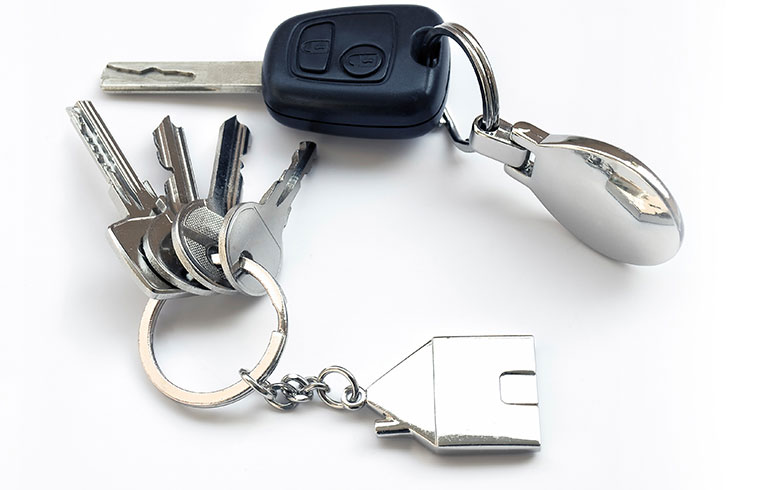Overflow or leakage of domestic fuel oil
Keep warm without worry and get protection from the costs of cleaning and decontamination in the event of an accidental overflow or leakage of fuel oil.
Protections
Decontamination
While your home insurance policy does not cover decontamination of the premises, the Overflow or leakage of domestic fuel oil protection will give you up to $100,000 in coverage.
Soil cleaning and decontamination following an accidental overflow or leakage of domestic fuel oil can be very costly and is not covered by your home insurance. Fortunately, you could enjoy your oil heating system without having to worry.
If you need to leave your home while it is being decontaminated, we could pay for your accommodation costs. And if you have tenants, you might not have to absorb the loss of rent for this period.
Liability
There’s little chance that damage caused by an accidental overflow or leakage of domestic fuel oil would be limited to your house. Fuel oil can contaminate sewers, streams and wildlife habitats, which would then involve your liability. Fortunately, the Overflow or leakage of domestic fuel oil protection covers your liability for up to $100,000.
Prevention and maintenance
The best way to avoid an accidental fuel oil overflow or leakage is to ensure proper maintenance of your heating oil tank. Here are a few tips on prevention and maintenance.
- Check the outside of your tank for rust, because excessive rusting is an indication that your tank is near the end of its service life.
- Look for drips and ground staining: in order to be covered for a fuel oil leak or spill, the event has to be sudden. Slow and chronic oil spillage will not be covered.
- Most leaks occur within hours of filling the tank. Pay special attention during this period in order to react quickly.
- Keep an eye on the oil level in the tank from time to time: a sudden change may indicate leakage.
- Be present during filling so you can take action in case of spillage.
- If you have any doubts, don’t hesitate to have your installations inspected by a professional.


























